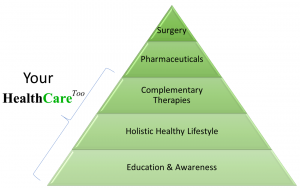Measuring Social Determinants

The issue of how best to define and measure loneliness was the focus of comments from OPEN MINDS Circle member Scot Adams, the former director of Nebraska Department Of Health and Human Services, Division of Behavioral Health and a senior consultant at the NASMHPD Research Institute. Dr. Adams wrote:
In my experience, one of the issues that caused persons with mental illness to reach crisis point or to seek hospitalization was simple loneliness. No one to share the cold, the darkness, the fear, or the feeling of being unloved. [But] as a concept to build upon, loneliness has a long way to go. The research literature has a variety of definitions about what constitutes loneliness from a measurement standpoint. Without a standard definition, we will be hard pressed to bring this to scale—either in our research or in our interventions.
This is a crucial issue, because if payers and health plans are going to address the issue of loneliness (or any other social determinants of health) estimating the return-on-investment (ROI) for any proposed intervention is essential. This is a process that we’ve written about before: Social Risk & The ‘Value’ Of Health Care, Jumping The ‘Strategy-To-Execution Gap’?, and Social Determinants, Health Care Outcomes, & Health Care Costs – A Look At The Numbers. And to develop that ROI, definitions that allow quantification are essential—definitions of the problem, of the interventions, and of the measures of “return.”
Source: Addressing Social Determinants—The Measurement Challenge | OPEN MINDS
Our Model




